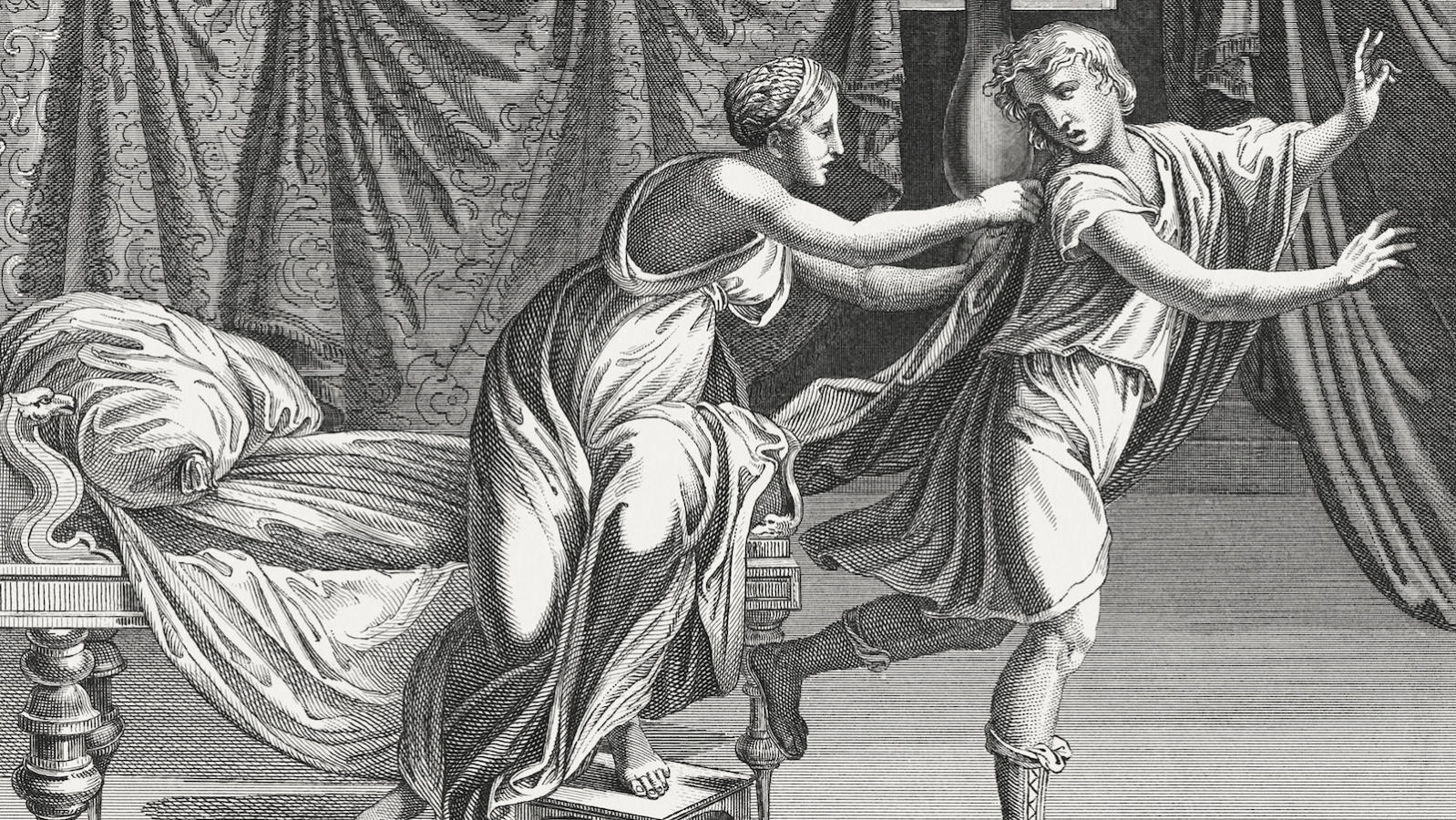Commentary on Parashat Vayeshev, Genesis 37:1-40:23
This week, we begin the story of Joseph and his brothers. The story begins with what looks like an obvious error in parenting on the part of Jacob — now named Israel — the father of at least 13 children. “And Israel loved Joseph more than all his sons, for he was the child of his old age, and he made for him a striped coat.”
What happens next is to be expected — “And his brothers saw that their father loved him more than all his brothers, and they hated him, and could not speak peaceably to him.” We all know how it turns out. The brothers decide to kill the hated Joseph, but, in the end, due to the lobbying of some of the brothers, they sell him to a caravan of traders, and he ends up as a slave in Egypt.
Jacob’s love for Joseph, and its consequences, is similar to something we have seen before in Genesis. It was Isaac’s love for Esav, as opposed to Jacob, which seems to have led to the rivalry and hatred between the twin brothers. Jacob’s love for one of his wives, Rachel, as opposed to his other wife, Leah, was at the root of years of marital discord and rivalry. And, here again, it is an act of love that sets into motion the horrible act of brothers selling their brother into slavery.
Power to Divide and Love
It would seem that the Bible, while privileging and celebrating the emotion of love, and recognizing it as a powerful and central motivating force, also sees it as having the power to divide, to disrupt, to lead to hate. The seems to be warning us of the destructive power that love can have, and how careful we therefore must be in expressing our love.

Help us keep Jewish knowledge accessible to millions of people around the world.
Your donation to My Jewish Learning fuels endless journeys of Jewish discovery. With your help, My Jewish Learning can continue to provide nonstop opportunities for learning, connection and growth.
I think that what is arguably Joseph’s first act of greatness would seem to underscore this message. While he is a teenager at home with his father and brothers, Joseph is not so impressive. We are told that he informed his father of some unnamed evil thing that his brothers had done. We are told of his dreams of greatness, which only served to further anger his brothers. In fact, it would seem that if Joseph loved anyone at this stage, it would have been only himself.
After he is sold as a slave, and becomes the successful steward of his master Potiphar’s household, an interesting thing happens. Joseph is approached by his master’s wife, who asks him to “lie with her.” Joseph nobly refuses, citing his loyalty to her husband, his master, and to God, as his reasons. In her anger — the classic anger of the “spurned woman” — she publicly accuses him of trying to rape her, and has him thrown in jail. It is from prison that he ultimately rises to greatness, gaining an audience with Pharaoh and then becoming his regent.
Redeeming Himself
If Joseph got into trouble because of his father’s inability to control his love for him, to remember his duties as a father to his other children, and to take their feelings and needs into account, it is by being aware of his duty, and not allowing the emotions which are associated with love to run away with him, that Joseph begins to redeem himself.
Faced with the option of a ‘love affair’ with the wife of Potiphar on the one hand, and his loyalty and duty on the other, he chooses to be loyal and dutiful. In traditional thinking, Joseph is, in fact, celebrated as the one who controlled himself, who, in an Egypt that is seen by the Rabbis as a decadent and seductive society, managed to “keep the covenant” (connected with the circumcision — and therefore with sexuality), and remain faithful to his God and his people.
The interplay of love and duty, of what we want to do and what we should do, is central to the human experience. The Bible, while never for a moment rejecting or demeaning the power of love, reminds us of the need to control and temper it with a sense of right and wrong, of commitment to a wide circle of people who depend on us, and thereby, hopefully, prevent the destructive possibilities which love carries with it from coming to the fore.
(Note – The story of Judah and Tamar, which seemingly interrupts the Joseph story at the point when he is sold as a slave, is a further illustration of the interplay of these forces.)
Provided by the Bronfman Youth Fellowships in Israel, a summer seminar in Israel that aims to create a multi-denominational cadre of young Jewish leaders.




